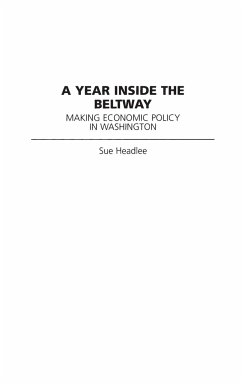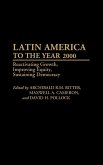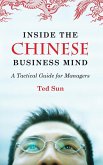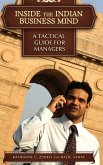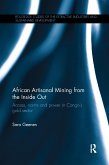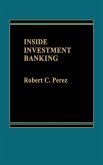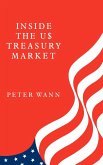Illustrates how domestic and international economic policymaking in Washington involves the interaction of economic reasoning and political interest. American domestic and international economic policymaking is a sometimes bewildering mixture of economic expertise and political interests. Headlee elucidates the pivotal debates of the 2000-2001 economic policymaking cycle by walking readers through the major institutions and introducing the key actors involved. A section on domestic policy starts with a chapter on the state of the U.S. economy, followed by chapters on making fiscal policy, monetary policy, and labor policy. Each of these chapters on making policy is illustrated by case studies on Social Security reform, the Federal Reserve as financial crisis manager, and women and the economy. The international policy section starts with a chapter on the state of the global economy, followed by chapters on making trade policy, international monetary and financial policy at the U.S. Treasury, reforming the IMF, and the economic development of China. A useful introduction to the ins and outs of beltway policymaking for students of economics, politics, and policymaking.
Bitte wählen Sie Ihr Anliegen aus.
Rechnungen
Retourenschein anfordern
Bestellstatus
Storno

